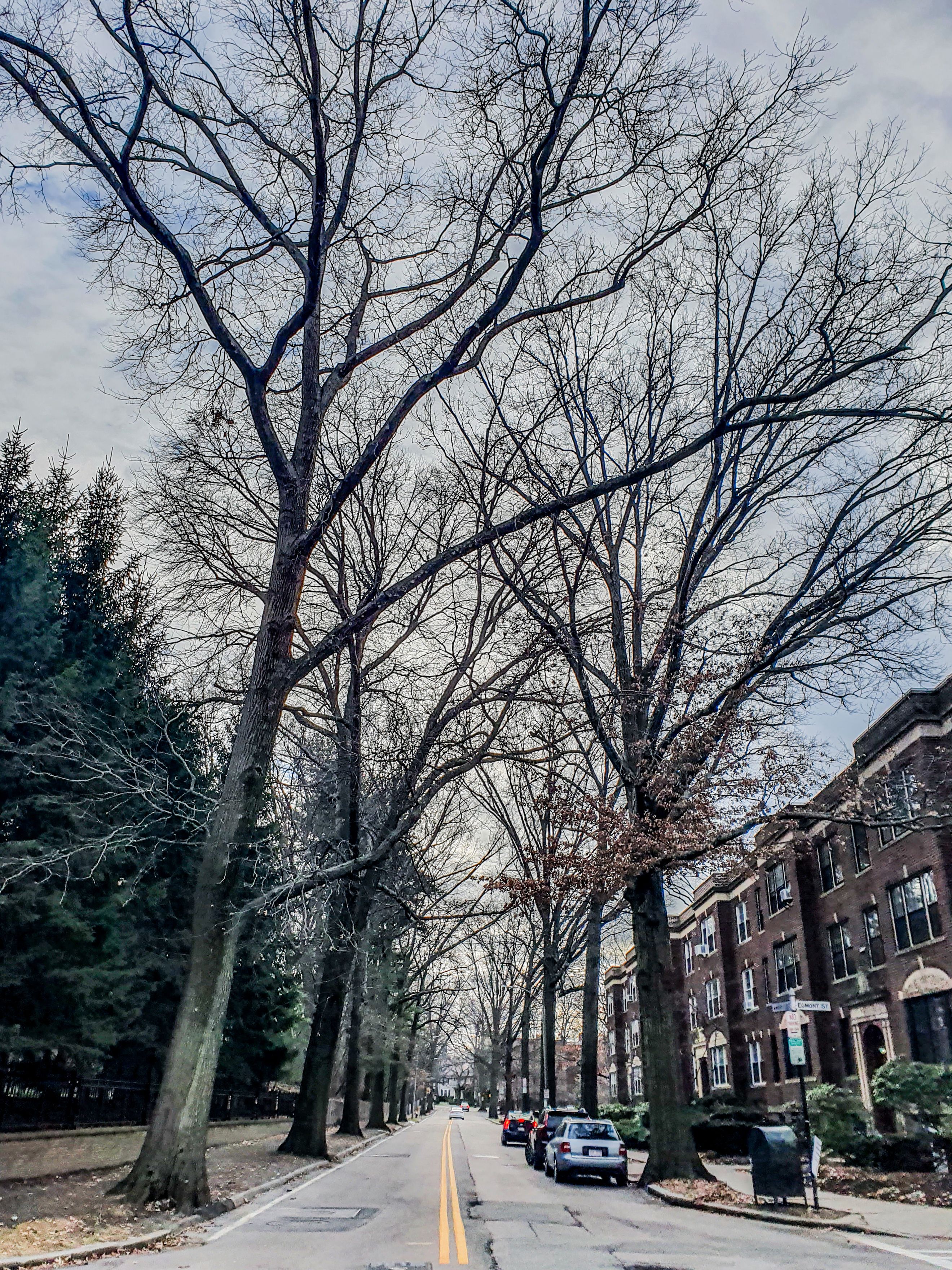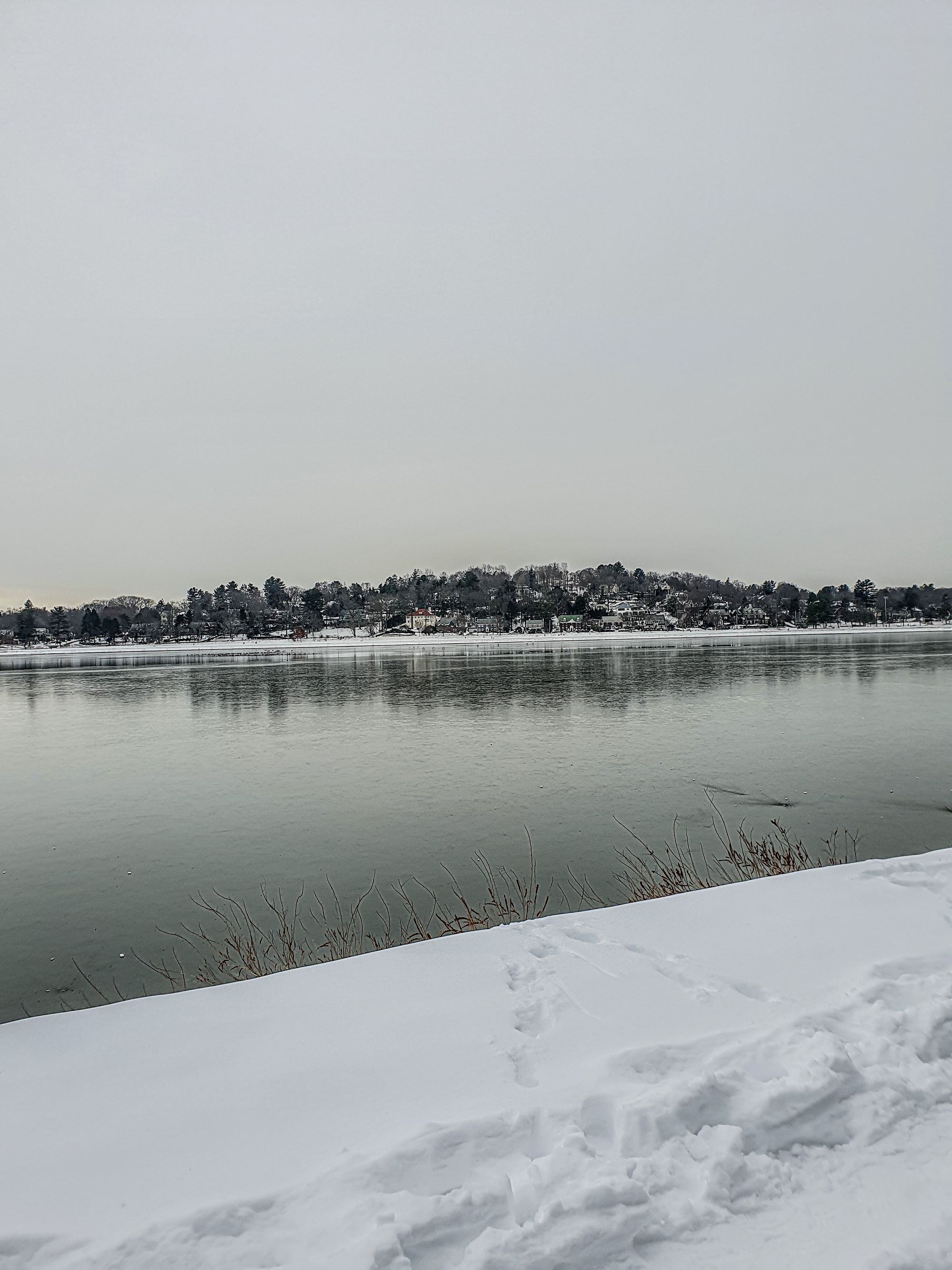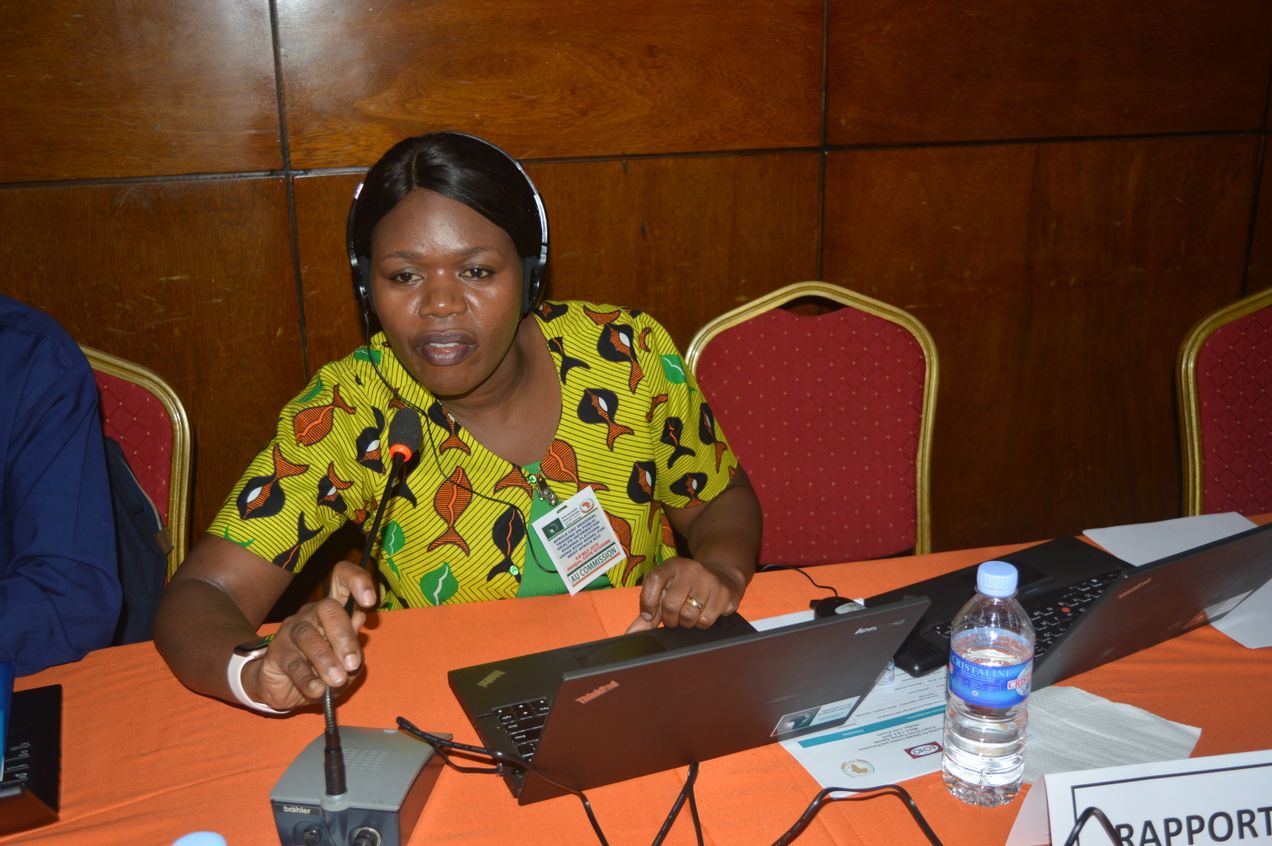
A Small Boat at Sea
Cynthia Ayeza writes about the risk and constant threat of exposure to an invisible virus in shared spaces.
It was my second Christmas in America and the first snow had already fallen. The crisis that is Covid-19 was quite present though and my nervousness rose up to meet it. I was masking up daily to keep safe and as the streets got emptier by the day, lone walks on quiet days became the norm for me.
At the time, I was living with Jasmine and Chelsea, both 25-year-old women, and all of us students. We tried to be careful about how we related with each other and anyone outside of our trio. A few days before Christmas Eve, Jasmine mentioned that her family would be coming over to our apartment to spend Christmas.
“Don’t worry, they have all tested for Covid and they are negative,” she said.
It did not sound like she was asking if it was alright with us to have her family over. She was merely informing us.
Being in a foreign country can feel like being in a small boat at sea, heading for an island you do not quite see but can only imagine.
Boston is not known for luxurious student living (it is less space for more money), but our living space was decent. It was a three-bedroomed enclosed apartment in Brookline, with one small bathroom – having a single window for ventilation – and a medium size kitchen with a sink where dirty dishes often piled up. The living room and dining space was generous, though all the windows were always closed to prevent heat loss.
Early morning of Christmas Eve, Jasmine’s family members began to come in. Five of them they were, making us a group of eight under one roof. In normal circumstances, this would be workable, but we were in the middle of a pandemic. Scientists were still struggling to keep up to find ways to contain the spread of the deadly virus.
I began to feel uncomfortable. Given the information that was flooding social media, coupled with my daily consumption of CNN, NYT, and BBC, I was not sure I was safe. What if one of the guests had not been entirely honest about their Covid test results? All I had was their word – specifically, Jasmine’s word.
There was no way I was going to survive sharing a minimally ventilated house with six other people. I was failing to see how we were going to share the closed space. By 11AM that day, I was struggling to breathe, my head felt like a ton of bricks, and my bedroom walls were steadily closing in on me.
Being in a foreign country can feel like being in a small boat at sea, heading for an island you do not quite see but can only imagine. Sometimes the tide is high, other times it is low. You hope, fingers crossed, that the boat does not capsize, but if it does, you better know how to paddle to safety, assuming there are no sharks lurking about.

In my case, the internal tide was rising, the boat was a little unstable, and all I could do was aim for survival. I reached out to a couple that I had met a year before, and who were in Europe for the holidays. I asked if I could use their apartment in Cambridge, while they were away.
“Of course!” they said.
I threw my computer, medicines, and essentials into a suitcase, ordered a Lyft, and got out of the apartment. Christmas Eve was quiet. That night, it snowed, then it rained, making the snow melt. No white Christmas after all.
Another friend and her husband had graciously invited me to spend Christmas with them (and their beautiful dog) and so I did. I returned to the Brookline apartment a few days later, excited that I would be sleeping in my own bed again.
Just before New Year’s Eve, I was winding down for the night when there was a ping on my phone. It was a text from Jasmine.
Hey Cynthia, I’m sorry to have to tell you this but my brother has tested positive for Covid. He had dinner with my dad…right before he left to come here…
I had only been back for three days!
Memories of brief interactions with Jasmine’s brother and her family members, on Christmas Eve, surfaced. Could I have contracted Covid in those very brief moments? I was worried that I might have also passed it on to someone else. The Lyft diver? My friend and her husband and their dog? This interconnectedness, this web and how Covid could easily spread weighed heavily on my mind. How could I have been so careless? How could Jasmine’s family have been so careless?
I informed my friends immediately.
Chelsea, our third housemate, had also been informed but was already on her way back to the apartment. She too had gone to be with family. This meant that Jasmine had to vacate the apartment.
Jasmine said she had been having symptoms and had had a test confirming that she had Covid. Chelsea also said she had had some low-grade fever, and mild cough.
I went back to Cambridge, where I had sought refuge in the first place. I stocked up on all manner of healthy foods, vitamin C, acetaminophen, and followed every possible routine to stay both sane and alive. I had no symptoms but was nonetheless uneasy.
After nearly two weeks of self-isolating, I reached out to both Jasmine and Chelsea to find out how they were doing. Jasmine did not respond but Chelsea did, saying, “Oh yeah, my test was negative.”
“When did you find out?” I asked.
“Today…I got tested yesterday and just checked the lab results like right when you texted…to make sure it is safe.”
I returned to the apartment, and Jasmine returned a day or two later.
There was a strange air in the apartment after Jasmine and I returned to the apartment. Jasmine seemed less friendly than usual. I wondered if she felt bad for putting us at risk. I waited for when she was in the living room on one of the days and decided to engage in some “check-in” conversation.
It was during this check-in that I learned that Chelsea hadn’t actually been sick nor had she contracted Covid at all.
“How do you know this?” I asked.
“She told me but would not let me come back to the apartment despite tests showing I was negative. She also messaged me telling me that she had lied to you about testing positive for covid and being sick and that we should not tell you,” Jasmine said.
Majority of Africans are yet to access the vaccine. I am trying to balance feelings of gratitude and guilt in this unequal world.
A wave of emotion surged through my body. I was upset. I cried. I felt so disrespected. I felt unwelcome here in the strangest way. That is the thing about being foreign; certain actions or inactions by citizens of the country you are in can feel like a direct message, as if to say – you are not wanted here. I had been forced out of my home and incurred unnecessary expenses to survive because of a lie.
It has been nearly a year since this incident.
While I am grateful that I did not fall sick, I find myself thinking about how easy it is to falter. We are only in control of our own actions.
Back home in Uganda, Covid-19 is raging. Friends are losing loved ones. I am very lucky that none of my family have been affected (and, I hesitate to say yet) but I also do not take it for granted that they will be okay. Who is to say that they will not contract the virus? The same assumptions that Jasmine made, assumptions I made too, about safety are the same assumptions I hear about back home. Crowds, visiting, not wearing masks, and being too trusting of people – again, forgetting that you are only in control of your own behaviour/actions.
I am now fully vaccinated, and I feel privileged and grateful in this regard. However, a part of me feels guilty because majority of Ugandans cannot access the vaccine. Majority of Africans are yet to access the vaccine. I am trying to balance feelings of gratitude and guilt in this unequal world.
Cynthia Ayeza is a AAUW International Fellow 2021-2022
Emerson College, Boston, Massachusetts.

